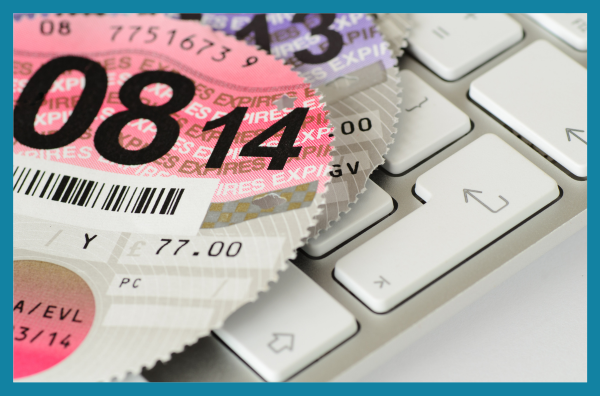When Do New York State Tax Warrants Expire?

What Is a Tax Warrant?
A tax warrant is the equivalent of a legal judgment against a taxpayer who owes taxes to New York State. It is a public record and acts as a perfected lien on a taxpayer’s real and personal property allowing the state to pursue collection action for unpaid tax debts.
How Do You Know If There Is a Tax Warrant Against You?
Taxpayers will not receive notice of the tax warrant until after the warrant is filed. However, they will receive multiple notices that they owe money before the issuance of the warrant.
Note that tax warrants are public information and anyone can conduct a tax warrant search on the Tax Department website.
How Long Does the Tax Warrant Remain in Effect?
The warrant remains in effect until the underlying tax liability is completely satisfied, or the warrant expires.
Tax warrants are valid for 10 years against real property and 20 years against personal property.
What Happens If the State Does Not File a Tax Warrant?
If the state does not file a warrant for personal income tax owed within 6 years, the liability will be extinguished. However, the state does not need to file a tax warrant before entering into an income execution, which is a type of levy that is issued against a taxpayer’s gross wages. This provision is currently set to expire on March 31, 2025.
How Can You Resolve a Tax Warrant?
You must pay the taxes owed plus interest and penalties. If you enter into a payment plan, collection action may cease but the warrant will remain in effect until you have paid off your debt. If you want to take out a loan to pay your debt and use your property as collateral, you probably won’t be able to do that unless you can convince the state to subordinate its lien to the lender’s lien. It is best to have a tax lawyer assist you with this.
Can You Appeal a Tax Warrant?
Taxpayers cannot appeal a tax warrant.
If you owe back taxes, don’t ignore the problem. It’s best to avoid a tax warrant by dealing with your tax debts as soon as possible. Alternatively, a tax attorney can help you address the warrant with the Tax Department so you don’t lose your property.
Contact us for a consultation about your tax matter.


